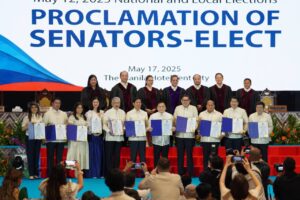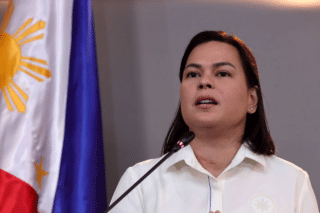The Cebu Declaration borne out of the 12th Asia-Pacific Economic Cooperation (Apec) Energy Ministers Meeting is seen to result in, among others, vulnerability assessments, eco-tourism promotion and creation of an investment environment for private-public partnerships (PPP) in disaster risk reduction and resiliency for energy facilities.
Proposals such as climate-proofing of energy infrastructures, adoption of advanced energy efficiency technologies; promotion of the use of clean energy in poverty-stricken areas, and improvement in energy trade and investment were contained in the Cebu Declaration.
Department of Energy OIC Zenaida Monsada, who chaired the Apec energy meet, said the ministers had agreed to explore best practices in enhancing the quality of electric power infrastructure, do vulnerability assessment of energy infrastructure and share information on technological innovations in the sector.
Energy officials also agreed to promote green economy through the use of clean energy and to invest in advanced energy efficiency technologies to meet Apec’s target to reduce energy intensity by 45 percent by 2035 from 2005 levels.
Minister for Resources, Energy and Northern Australia Joshua Frydenberg, said that as energy demand grew exponentially in the region, governments must attract investments from the private sector and their cooperation must eventually result in concrete action.
“It’s a combination of capacity building, sharing best practices, and attracting investments we need. We must make our frameworks robust, and that means testing for disasters, and sharing best practices among 21 economies,” he said. Riza T. Olchondra





